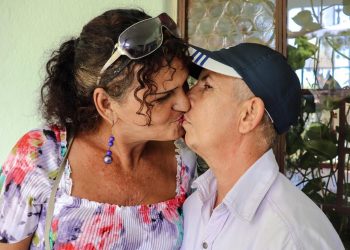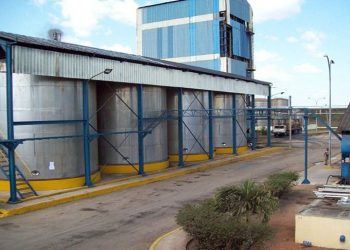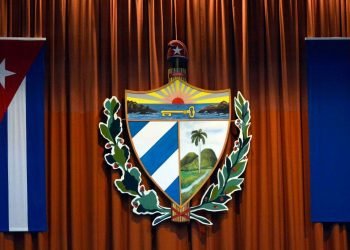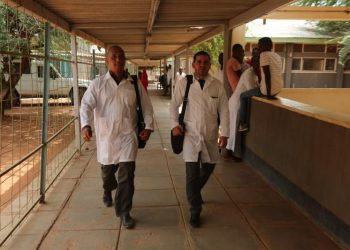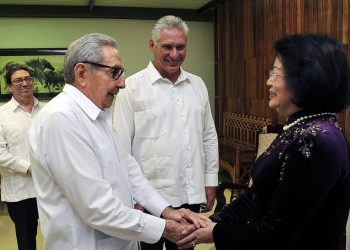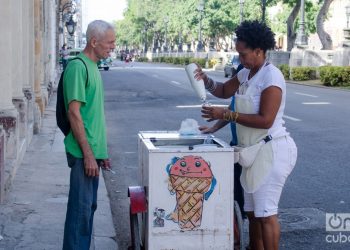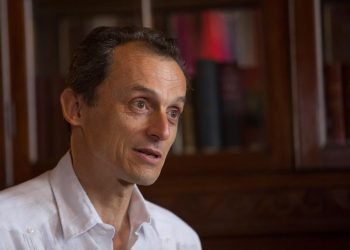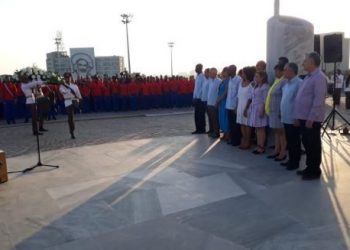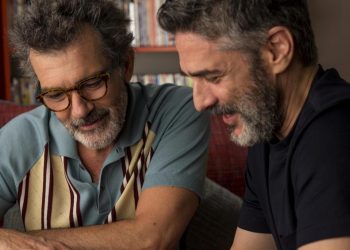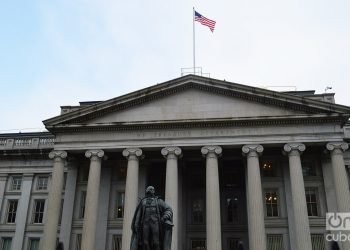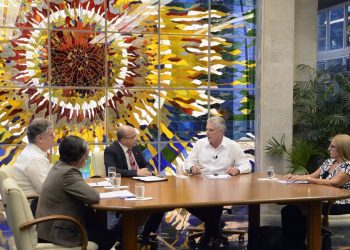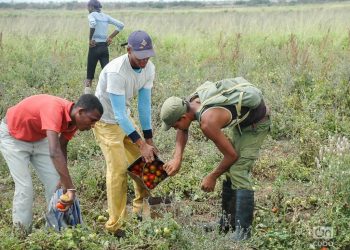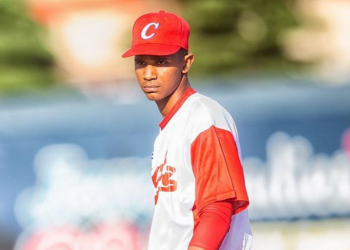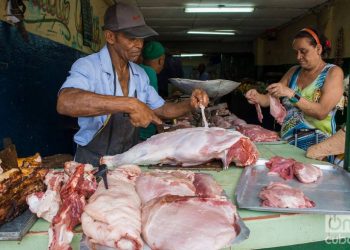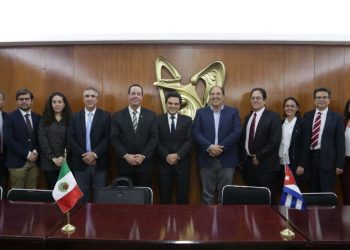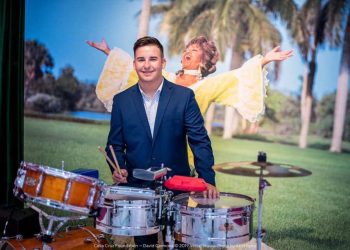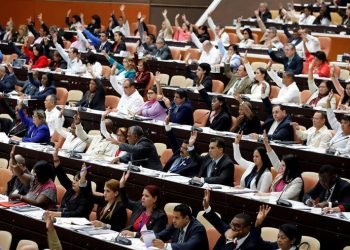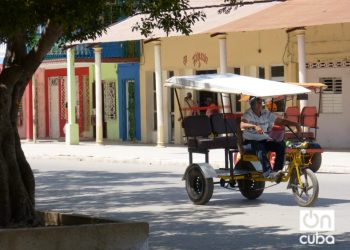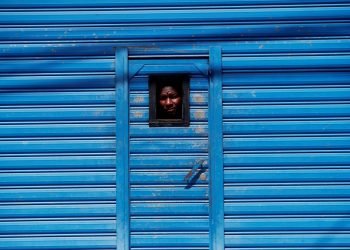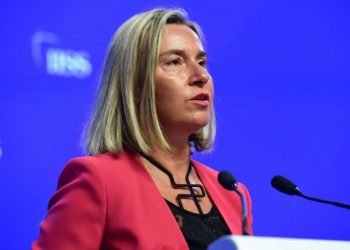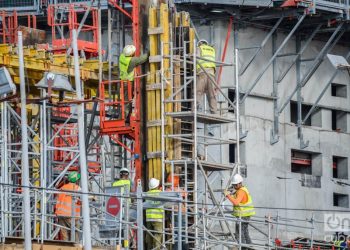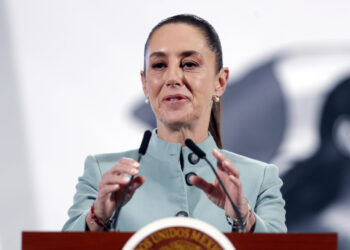Cuba inaugurates center for advanced studies in nanoscience
The Cuban Center for Advanced Studies (CEA) for the development of nanoscience and nanotechnologies was inaugurated this Thursday as the national headquarters for research in this field, focused mainly in the areas of biotechnology and medicine. Located west of Havana, the CEA is a multidisciplinary center and one of its main purposes is to promote the presence of the Caribbean country in the international market of bionanotechnology, a discipline that seeks to build nanometer-scale machines using the knowledge of molecular biology. The opening of the "first stage" of the institution was presided over by Cuban President Miguel Díaz-Canel, who reported on this and other visits to different Cuban institutions on his official Twitter account. Photo: EFE (taken from eldiario.es). According to the site of the Presidency of the island, the CEA is a "dream" of deceased former President Fidel Castro, "conceived and promoted by the leader of the Revolution and by Fidel Castro Díaz-Balart," his eldest son, who served as scientific adviser to the island’s Council of State until his death in February 2018. Under construction since 2006, its opening was scheduled for 2016, according to reports from the state press, which reported four years ago on the progress of...


